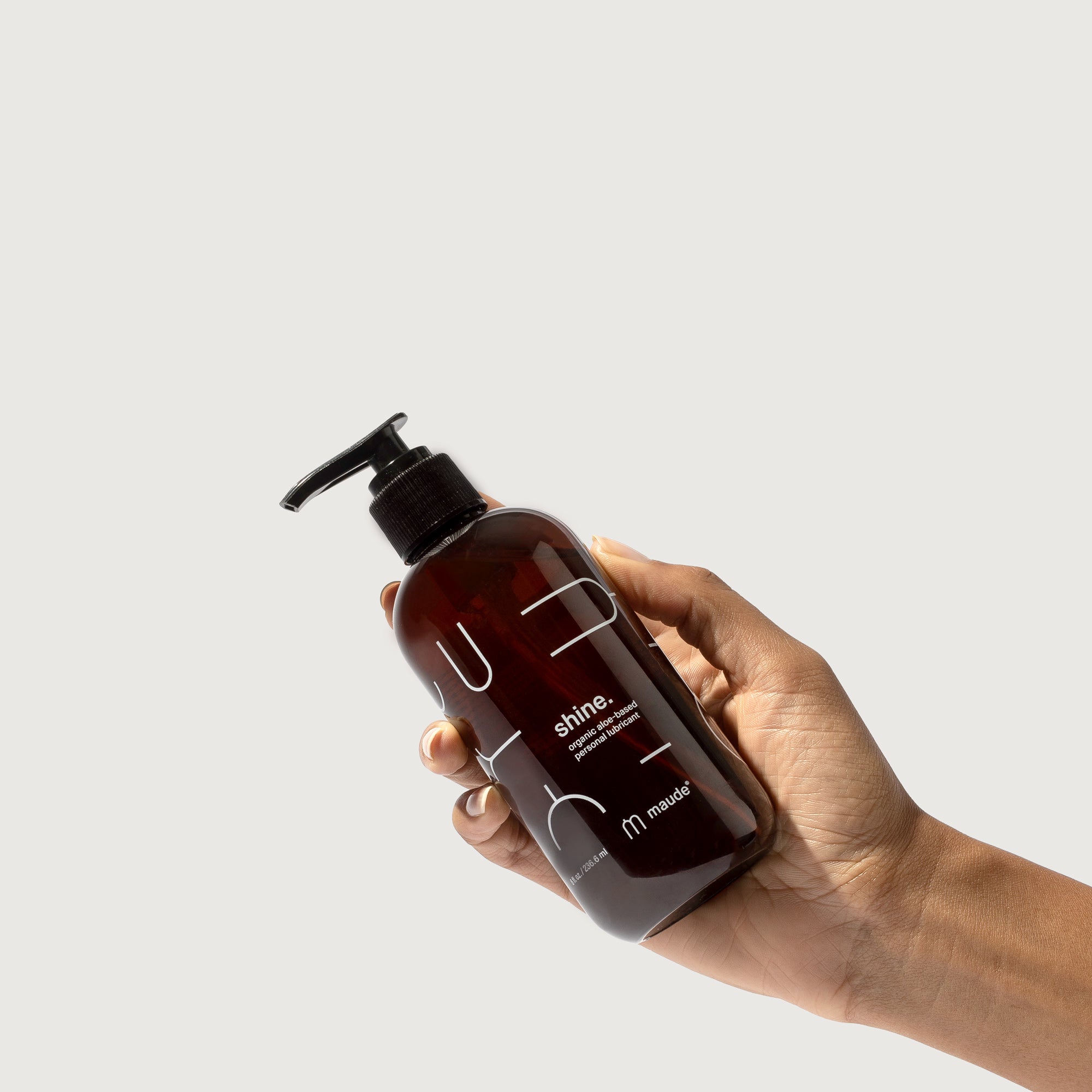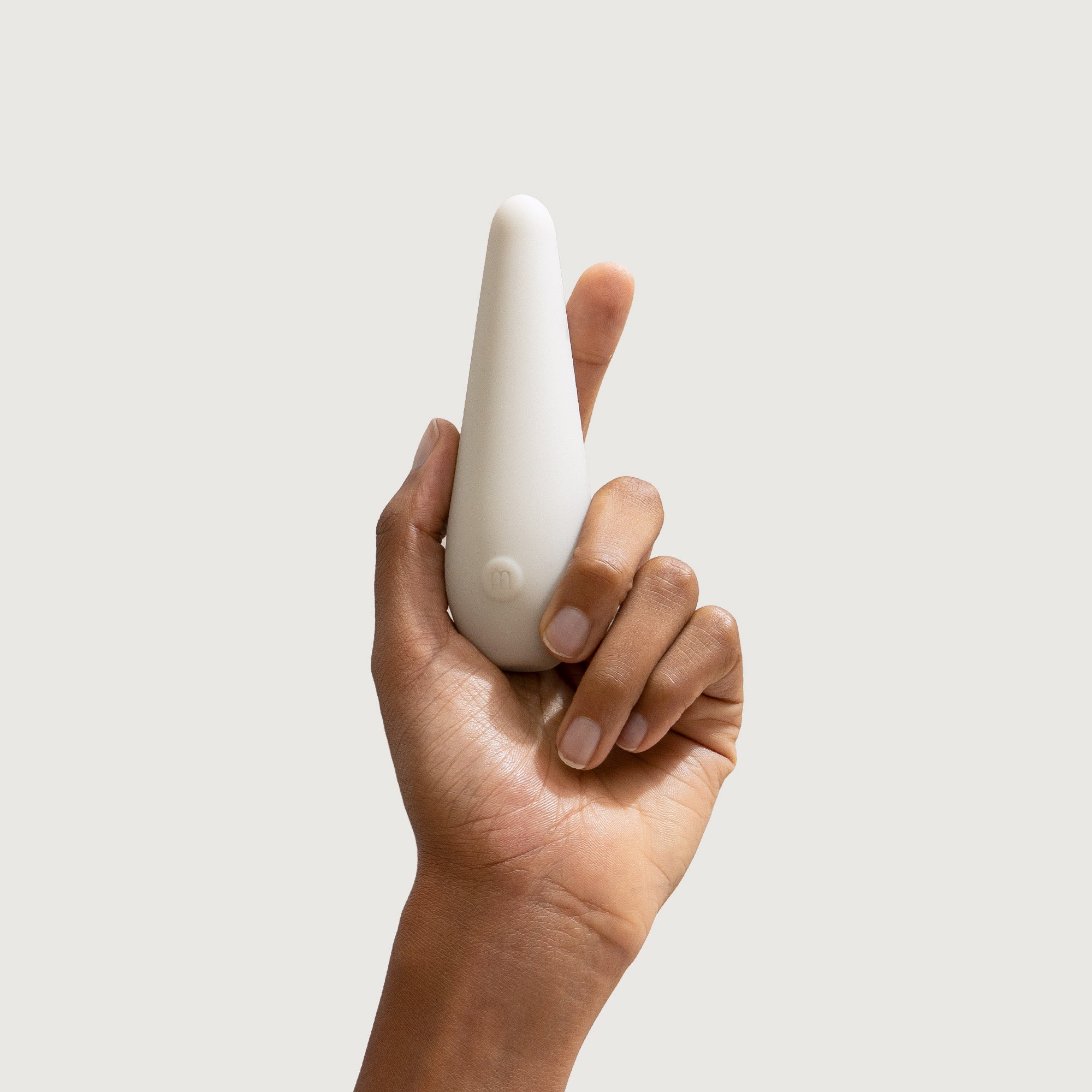What is Male Menopause?

A lack of libido could be a natural sign aging.
For men of a certain age who may be experiencing a diminished libido, erectile problems, or other common sexual concerns, jumping right to the little blue pill might not be a wholly necessary move. While lifestyle factors such as diet and exercise could be the cause of a lack of pep in your step, there might be a more natural prognosis—male menopause.
Yes, Male Menopause is a thing. No, there are no softly lit Nancy Meyers movies about it.
What is Male Menopause?
Does it mean breaking out the flowy linens and vegan leather sandals? Only if that’s your vibe already.
Simply put, male menopause is the decline of testosterone in a male’s body over time. Unlike in women, where menopause happens in a short time window, men’s testosterone levels decline, on average, about 1% a year after age 40. Also known as andropause or “Low T,” some men can experience more significant drops once they reach more mature ages, most commonly after about 60.
Signs of Male Menopause
Here’s the tricky thing about male menopause: low testosterone levels can often go unnoticed. And many men who have low testosterone levels experience no symptoms. The other tricky thing is that the signs and symptoms are pretty generic and can often be associated with other ailments or affected by lifestyle. In other words, you could be experiencing male menopause, or it could simply be your age, a medication you’re using, or your body mass index being 30 or higher.
Signs and symptoms that could be warning signs of low testosterone include:
- Reduced sexual desire and activity
- Decreased spontaneous erections or erectile dysfunction
- Breast discomfort or swelling
- Infertility
- Height loss or low bone mineral density
- Hot flashes or sweats
Other possible symptoms include decreased energy, motivation, and confidence, depressed mood, and poor concentration. The best way to know for sure if you’re experiencing a drop in testosterone is through a blood test from your doctor.
Treatments for Male Menopause
There are ways to combat the loss of testosterone, and even amp up your body's production of the coveted hormone.
Exercise: Staying active is a good way to keep or increase testosterone, but not all activities are created equal. Stick with workouts or exercises that activate your larger muscle groups like those in your legs and back. Deadlifts, squats, and general weight lifting are good activities to keep in your routine. Hot tip: endurance cardio exercise, i.e., running long distance, can actually reduce testosterone.
Nutrition: When it comes to food, saturated fats are the name of the game. Sources like grass-fed meats, coconut oil, and macadamia nuts appear to support testosterone better than polyunsaturated fats from refined vegetable oils. And stick with carbs that metabolize slowly, like high-fiber fruits, vegetables, whole grains, and legumes.
Supplements: Vitamin D and zinc play important roles in producing testosterone, while herbs such as ashwagandha and Rhodiola may also be beneficial. Testosterone replacement therapies are also available but should only be prescribed by your doctor after undergoing proper blood tests.




